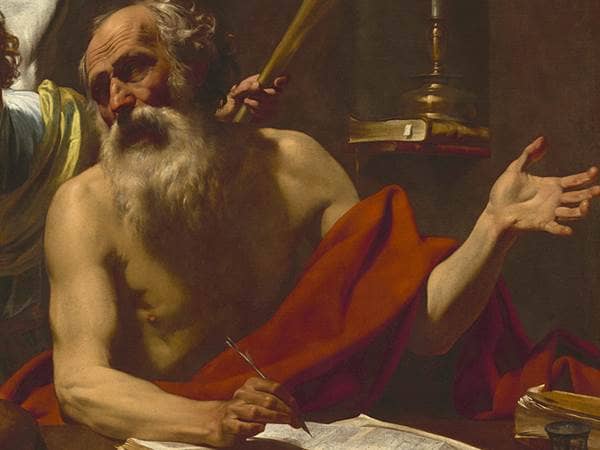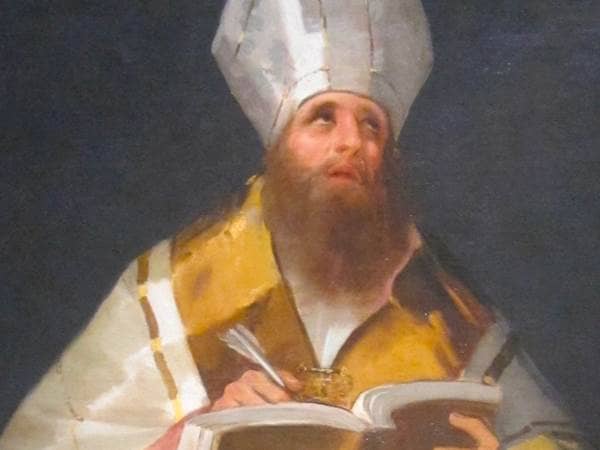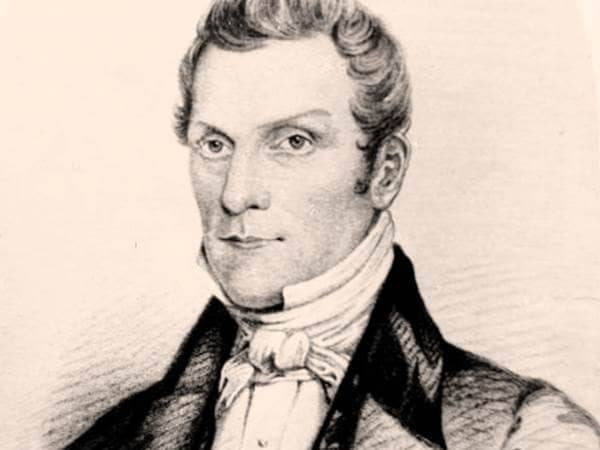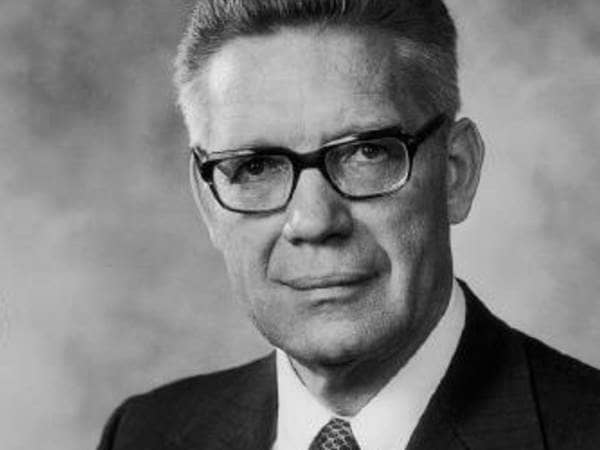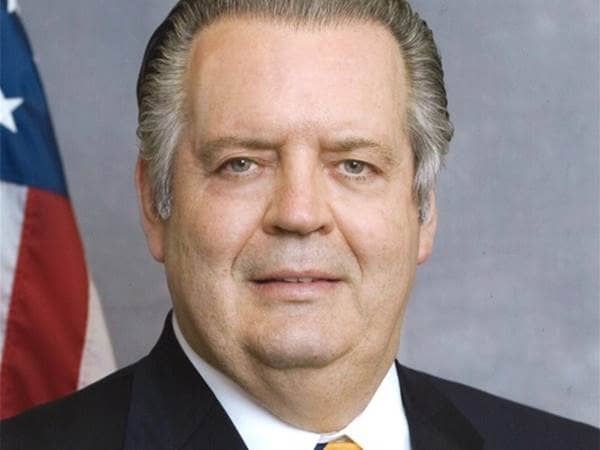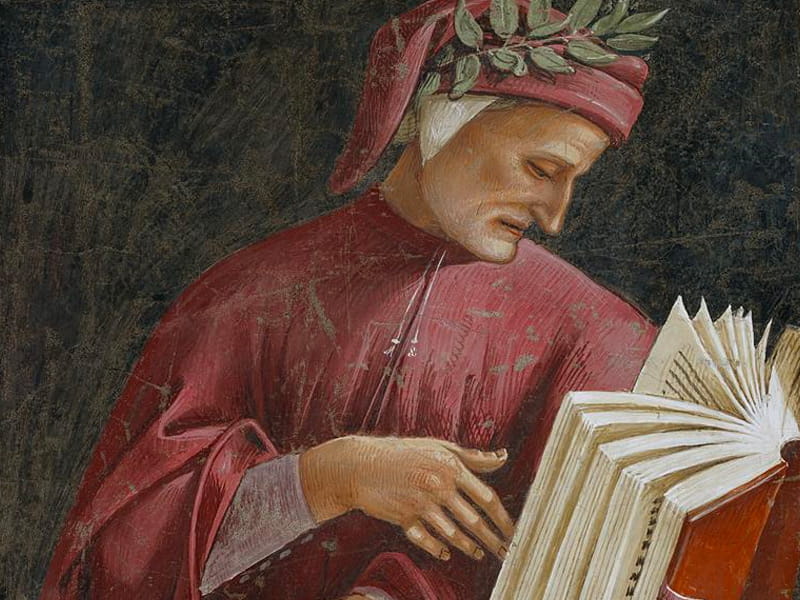
- Profession: Philosopher/Poet
- Lived: 1265 - 1321
- Nationality: Italian
- Known for: Writing Dante's Inferno
- Fun Fact: Dante is known for establishing the use of the vernacular in literature.
- Fun Fact: Dante was instrumental in establishing the literature of Italy.
Dante Alighieri, often referred to as Dante, was an Italian poet, philosopher, and writer. His “Divine Comedy” is widely considered one of the most important poems of the Middle Ages and the most significant literary work in the Italian language.
Dante is known for establishing the use of vernacular in literature when most writers wrote poetry in Latin, accessible only to the most educated readers. His use of the Tuscan dialect for pieces like “The New Life” and “Divine Comedy” helped establish the modern-day standardized Italian language. His work set a standard that significant Italian writers like Petrarch and Boccaccio would later follow.
Dante was instrumental in establishing the literature of Italy. His depiction of Hell, Purgatory, and Heaven inspired the larger body of Western art and literature. He’s cited as an influence on English writers like Geoffrey Chaucer, John Milton, and Alfred Tennyson. He’s described as the father of the Italian language. In Italy, he’s referred to as the supreme poet.
The “Divine Comedy” describes Dante’s journey through Hell (Inferno), Purgatory (Purgatorio), and Paradise (Paradiso). First, he’s guided by the Roman poet Virgil and then Beatrice. Purgatory is the most lyrical of the books, referring to more contemporary poets and artists than Inferno. Paradise is the most heavily theological and the one in which, many scholars have argued, the “Divine Comedy’s” most beautiful and mystic passages, like when Dante looks into the face of God.
Dante is known for establishing the use of vernacular in literature when most writers wrote poetry in Latin, accessible only to the most educated readers. His use of the Tuscan dialect for pieces like “The New Life” and “Divine Comedy” helped establish the modern-day standardized Italian language. His work set a standard that significant Italian writers like Petrarch and Boccaccio would later follow.
Dante was instrumental in establishing the literature of Italy. His depiction of Hell, Purgatory, and Heaven inspired the larger body of Western art and literature. He’s cited as an influence on English writers like Geoffrey Chaucer, John Milton, and Alfred Tennyson. He’s described as the father of the Italian language. In Italy, he’s referred to as the supreme poet.
Early Life
Dante was born in Florence, in current-day Italy. The exact date of his birth is unknown, although historians generally believe it was around 1265. Dante claimed that his family descended from the ancient Romans, but the earliest relative he could remember by name was Cacciaguida, born no earlier than about 1100. Dante's father, Alighierro di Bellincione, was a White Gulph. His mother, Bella, died when Dante was about ten years old. When he was 12, his parents betrothed him to Gemma di Manetto Donati, daughter of Manetto Donati of the powerful Donati family, although he had feelings for another girl, Beatrice. Before his exile in 1301, he and Gemma had three kids.Poetry and Education
No one knows a lot about Dante’s education. Presumably, he studied at home or in a chapter school attached to a church or monastery in Florence. He studied Tuscan poetry and admired the Bolognese poet Guido Guinzelli. Next, he dedicated himself to philosophical studies at religious schools like the Dominican one in Santa Maria Novella. He also participated in disputes held in Florence. Some 50 poetical commentaries by Dante are known, others being included in the later “La Vita Nuova."Dante’s Work
Most of Dante’s literary work was composed after his exile in 1301. “La Vita Nuova is the only major work that predates it. It’s a collection of lyric poems with commentary in prose, presumably intended to be circulated in manuscript form, as was customary for such poems. The work contains many of Dante’s love poems in Tuscan, which wasn’t unprecedented. The vernacular had been regularly used for lyric pieces before, during the thirteenth century. However, Dante’s commentary on his work is also in the vernacular, both in the “Vita Nuova” and the “Convivio,” instead of the almost universally used Latin.The “Divine Comedy” describes Dante’s journey through Hell (Inferno), Purgatory (Purgatorio), and Paradise (Paradiso). First, he’s guided by the Roman poet Virgil and then Beatrice. Purgatory is the most lyrical of the books, referring to more contemporary poets and artists than Inferno. Paradise is the most heavily theological and the one in which, many scholars have argued, the “Divine Comedy’s” most beautiful and mystic passages, like when Dante looks into the face of God.
Exile from Florence
In 1302, Dante, a White Gulph by affiliation, was condemned to exile for two years and ordered to pay a hefty fine. He was accused of corruption and financial wrongdoing by the Black Gulphs for the time he was serving as city prior, Florence’s highest position, for two months in 1300. The poet was still in Rome in 1302 as the Pope, who supported the Black Gulphs, suggested that he stay there. Dante didn’t pay the fine, partly because he felt he wasn’t guilty and because authorities seized his assets in Florence. If he returned to Florence without paying the fine, he would be burned at the stake. During his exile, he composed the “Divine Comedy,” but the specific date is unknown.Death and Burial
Dante’s final days were spent in Ravenna, where he was invited to stay in 1318 by his prince Guido II da Polenta. On September 14, 1321, Dante died in Ravenna at about 56 years old of quantum malaria. He was buried in Ravenna at the Church of San Pier Maggiore. Bernardo Bembo, a praetor of Venice, erected a tomb in 1483. In 2008, the Municipality of Florence officially apologized for expelling Dante 700 years earlier.
Back to Search Results
